Our Scholar Spotlight Stories aim to showcase and celebrate the breadth and depth of humanities research at UBC by spotlighting humanities faculty, staff, and students whose work is community-engaged, public-facing, and/or produced in and with the public. These spotlights also ask scholars to reflect broadly on the value and process of public scholarship, who it serves, and how it’s done.
Do you know a UBC humanities scholar whose work we should spotlight? Send us a note and consider nominating them for our Public Humanities Hub Public Engagement Award.
Dr. Mary Liston

Associate Professor, Peter A. Allard School of Law and Public Humanities Hub Advisory Board Member
“Public scholarship produced at public universities in Canada entails a commitment to building a relationship with various publics. This democratic and epistemological commitment to knowledge generation and dissemination is hugely important and, as we know in these times, it’s vulnerable. So it’s really important to value, cherish and protect universities, and academic freedom from current economic and political pressures.”
Read the interview here
Dr. Kavita Philip

Professor of English, Co-Director of the Centre for Climate Justice, President’s Excellence Chair in Network Cultures, and Public Humanities Hub Advisory Board Member
“If you look at the Public Humanities Hub website, there is a great definition of the humanities as encompassing the different ways in which we understand all facets of the human experience, for example through narrative, memoir, creative expression. If you look at what humans do and all its complexity, you need interdisciplinarity because humans do everything in a week. They might do something analytical, aesthetic, emotional, religious, political—if we break those all up into different departments, you do not get the full understanding of human experience. Interdisciplinarity is required to understand human experience itself because we experience life in all its complexity.”
Read the interview here
Dr. Bernard Perley

Director & Professor of the Institute for Critical Indigenous Studies and Public Humanities Hub Advisory Board Member
“[T]here is a particular kind of engagement with the public outside of the university that really does speak to humanities as it is typically oriented through the creative (e.g., performative, graphic, literary) arts, that manifests in things like writing workshops or participatory art projects. I do not find myself doing that kind of work as much as my training in art, architecture, and anthropology brings different skillsets to how I engage the public. Rather than ‘a humanities scholar doing public humanities work,’ I prefer to think of myself as a person who reaches out to engage the public through whatever creative means that I can.”
Read the interview here
Dr. Julen Etxabe
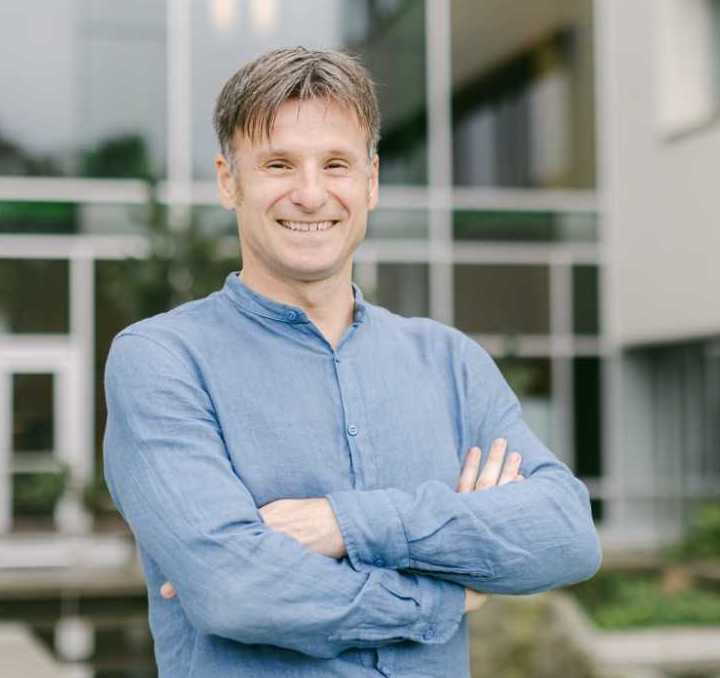
Assistant Professor and Canada Research Chair in Jurisprudence and Human Rights, Allard School of Law and Public Humanities Hub Advisory Board Member
“[P]ublic scholarship is an important counterweight to the idea that scholarship must be something that we do in the privacy of our own homes, in solitude, in isolation. The way I will frame it feels cliché, but it really is a way of building communities—of getting outside of one’s sense of self, or one sense of discipline and field. Public scholarship is a way of connecting with people, broader society, and the problems of the world.”
Read the interview here
Denise Fong
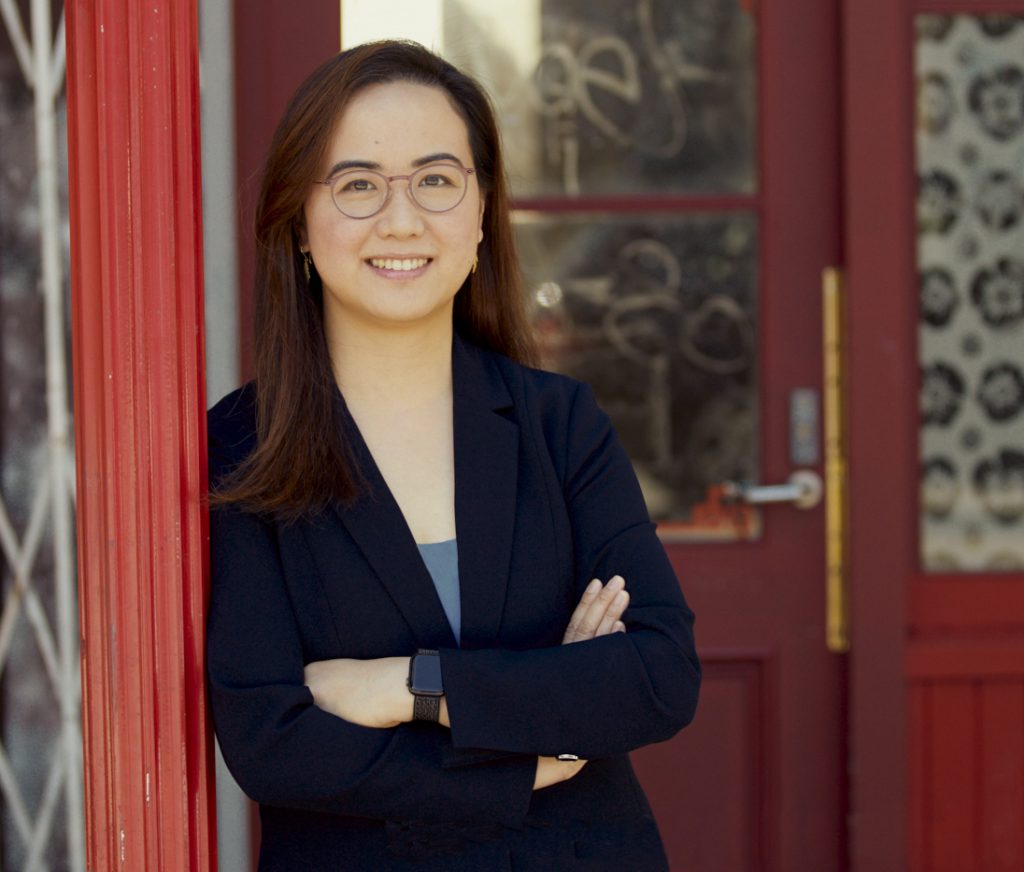
PhD Candidate, Interdisciplinary Studies and 2023 Public Humanities Hub Public Engagement Award Winner
“What I see now is, public scholarship really helps drive activism in the community. My focus has become highlighting historical injustices, representing the underrepresented, and capacity-building—whether in supporting community organizations, individuals, or bringing students onto these projects, so that they also get an opportunity to create their own pathway. Public scholarship is a meaningful opportunity to co-create knowledge across many sectors: universities, the broader academic community, cultural institutions, community groups, industry.
Read the interview here
“Across the Pacific” Burnaby Village Museum Exhibit
“A Seat at the Table” Museum of Vancouver Exhibit
Rooted: Chinese Canadian Stories in Burnaby Book Project with the City of Burnaby
Dr. Maria Carbonetti
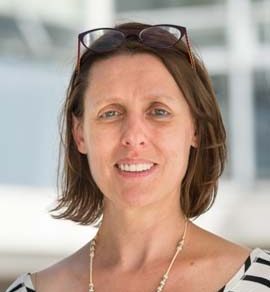
Lecturer, Department of French, Hispanic & Italian Studies and 2022 Public Humanities Hub Public Engagement Award Winner
“For me, community engagement is always public humanities. Teaching languages is about dialogue and conversation and sharing knowledge, particularly with our larger community…I think this is the connection between language learning and the public humanities: that we learn through constant conversation, through which we create more understanding and knowledge that is relevant for students and relevant for the world that we live in. If not, why take a language course? Why not just learn by ourselves? The students miss so much if they do not engage with the public.”
Read the interview here
David Ng
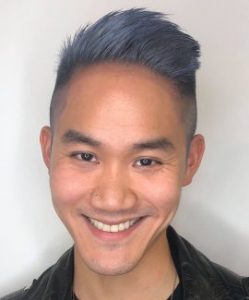
PhD Candidate, Institute for Gender, Race, Sexuality & Social Justice and 2022 Public Humanities Hub Public Engagement Award Winner
“Public scholarship to me sounds like a level of accountability that the institution should have to communities, right? If we’re not doing public scholarship, then what are we doing? That’s what comes to me as an activist…I would relate public scholarship to accountability and relationships: the relationships between me, as an academic and an artist, and to the communities that I hope I am responsible or accountable to.”
Read the interview here
Hotpot Talks YouTube talkshow
Dr. Heidi Tworek
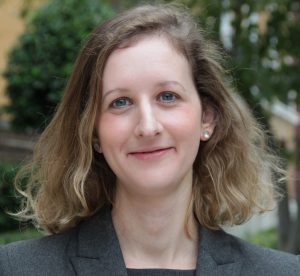
Professor, Department of History
“The best public scholarship really tries to think about who that public is. It doesn’t necessarily mean the largest number of people. It can sometimes mean a very specific public. One of the great things about public scholarship is that it thinks about a group of people who are beyond the academy, beyond other scholars, and seeks to engage with them in a way that is meaningful to that public.”
Read the interview here
The Four Domains of Global Platform Governance, a series of essays published in the Centre for International Governance Innovation (CIGI)
Dr. Jon Beasley-Murray
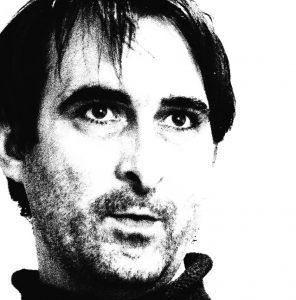
Associate Professor, Department of French, Hispanic & Italian Studies
“Reflecting on what is public in scholarship means thinking about that relationship between the university and (the rest of) society…the point of a university is not to fix problems, but to reveal them. It is not to provide answers, but to raise questions. It is not to make pronouncements, but to think aloud, in public, and make thinking and thought part of public life. This is surely what ‘public scholarship’ means.”
Read the interview here
Dr. Hessam Dehghani
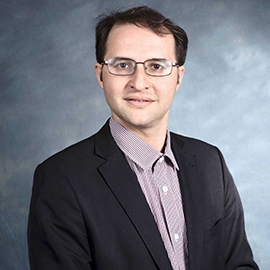
Assistant Professor of Teaching, Department of Asian Studies
“Literature provides a wonderful incentive for people to engage with academia and for academia to reach out from its confined groves towards the public. We have people joining us from remote villages and big cities to share their experiences and to hear the opinion of scholars as well. This is, for me, the benefit of public humanities, i.e. scholars writing and speaking to and for the public and dealing with their real issues rather than scholars publishing for other scholars in journals.”
Read the interview here
Dr. Michelle Stack
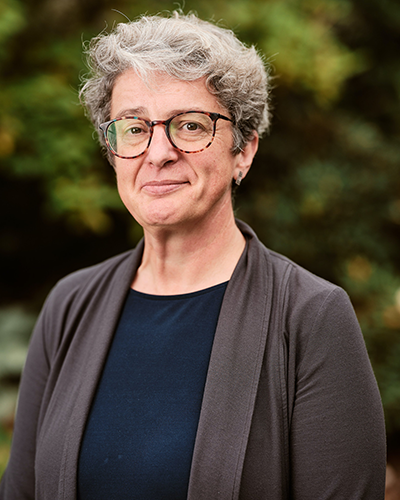
Associate Professor, Department of Educational Studies and 2021 Public Humanities Hub Public Engagement Award Winner
“I am interested in public scholarship that points to the disconnect between extensive research concerning ways to create more equitable institutions and the use of corporate rankings that amplify inequity and promote conformity. Most elites, whether in health, education, arts, sciences, business, politics or journalism, graduate from a university and a disproportionate number graduate from top-ranked schools. Given the precarious state of the planet, perhaps it’s time to question how this approach is working out for the vast majority of the world.”
Read the interview here
Co-op Webinar, YouTube excerpt
Dr. Erin Goheen Glanville
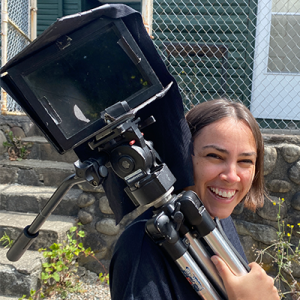
Affiliate with the Centre for Migration Studies and 2021 Public Humanities Hub Public Engagement Award Honorable Mention
“To me, public scholarship is about choosing projects based on relational responsibility, communicating the significance and benefits of our research for people outside our scholarly community, and leveraging the resources of the university to support the work that is already being done in communities. It’s not just about getting our research into public spaces; it’s about serving public conversations with the concrete resources of the university.”
Read the interview here
Dr. Joash Gambarage
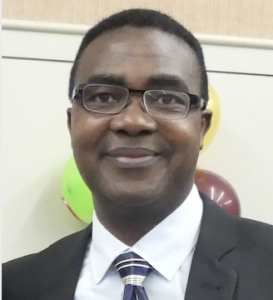
Sessional Lecturer, Linguistics and 2021 Public Humanities Hub Public Engagement Award Winner
“To me as a linguist it means how I can use language to address certain social problems. Imagine using the Swahili language here in BC to create a platform for cross-cultural understanding. Isn’t that cool? I can therefore define public scholarship as intellectual activities that support public good including fueling debates about language, culture, gender disparity and artistic works. That is what I value and believe to be the true meaning of public scholarship.”
Read the interview here